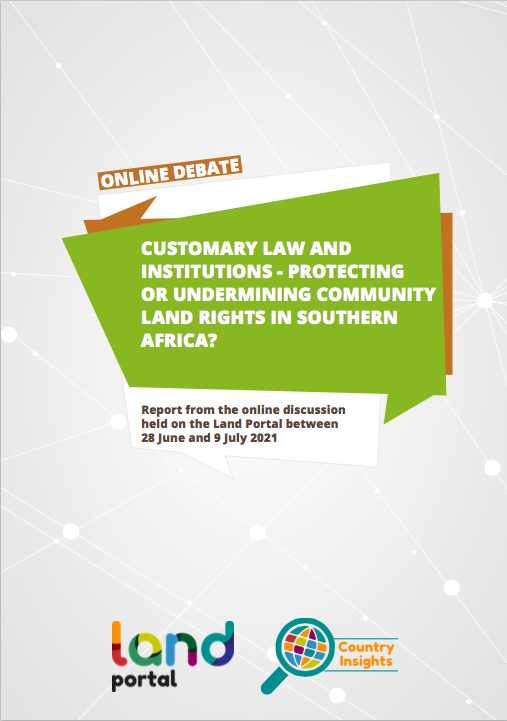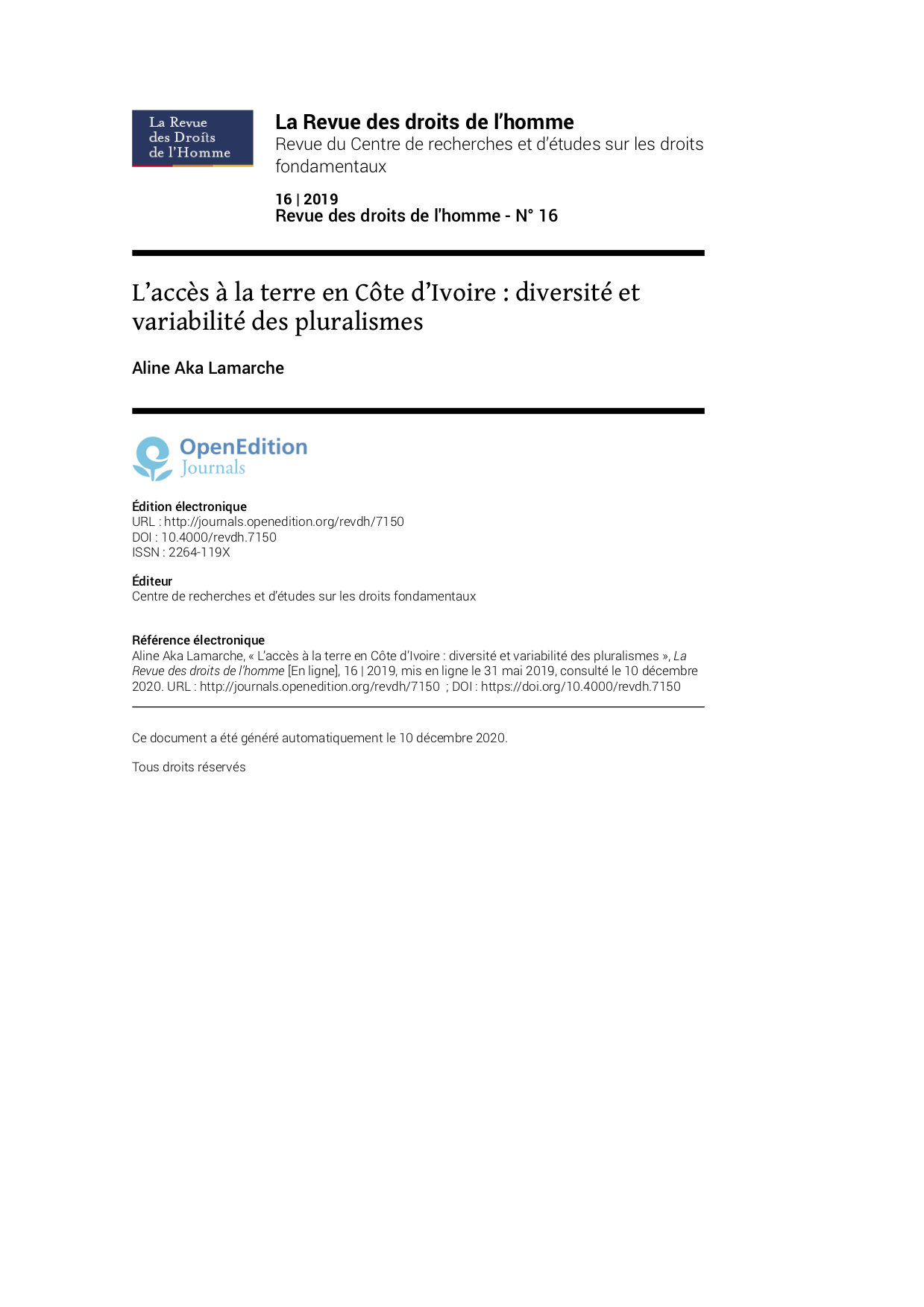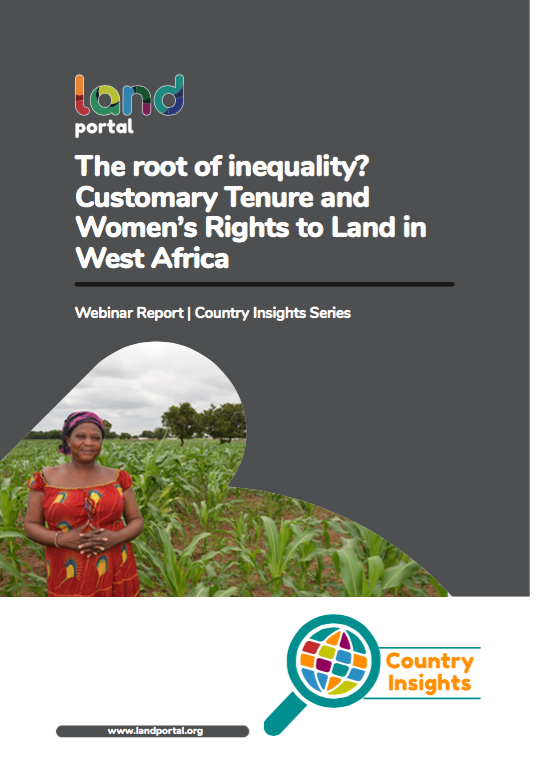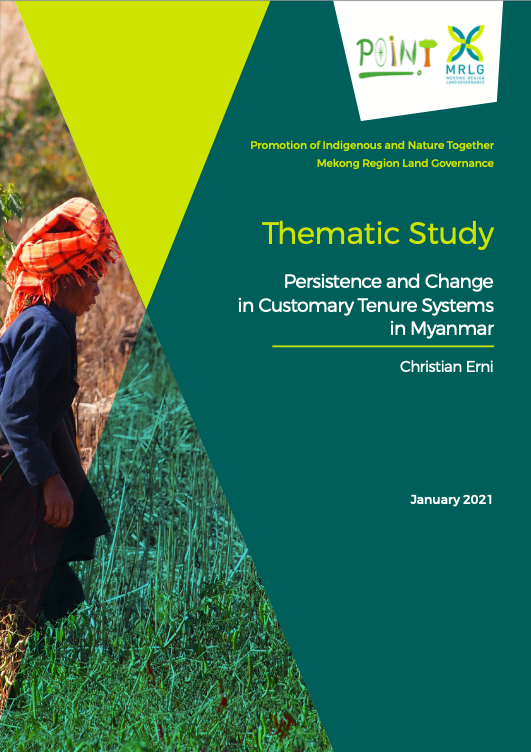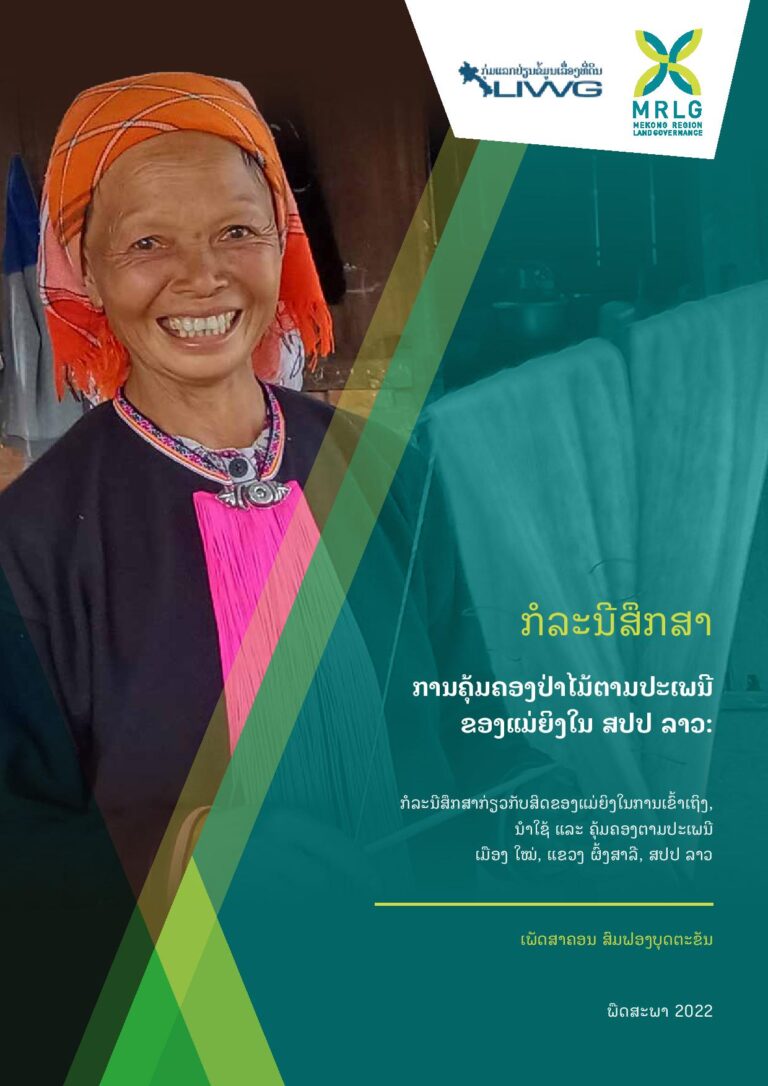Customary Law and Institutions: Protecting or Undermining Community Land Rights in Southern Africa
Report from the online discussion held on the Land Portal between 28 June and 9 July 2021.
The online discussion explored the different pespectives around customary law and institutions in Southern Africa and the roles they play in governing land.

